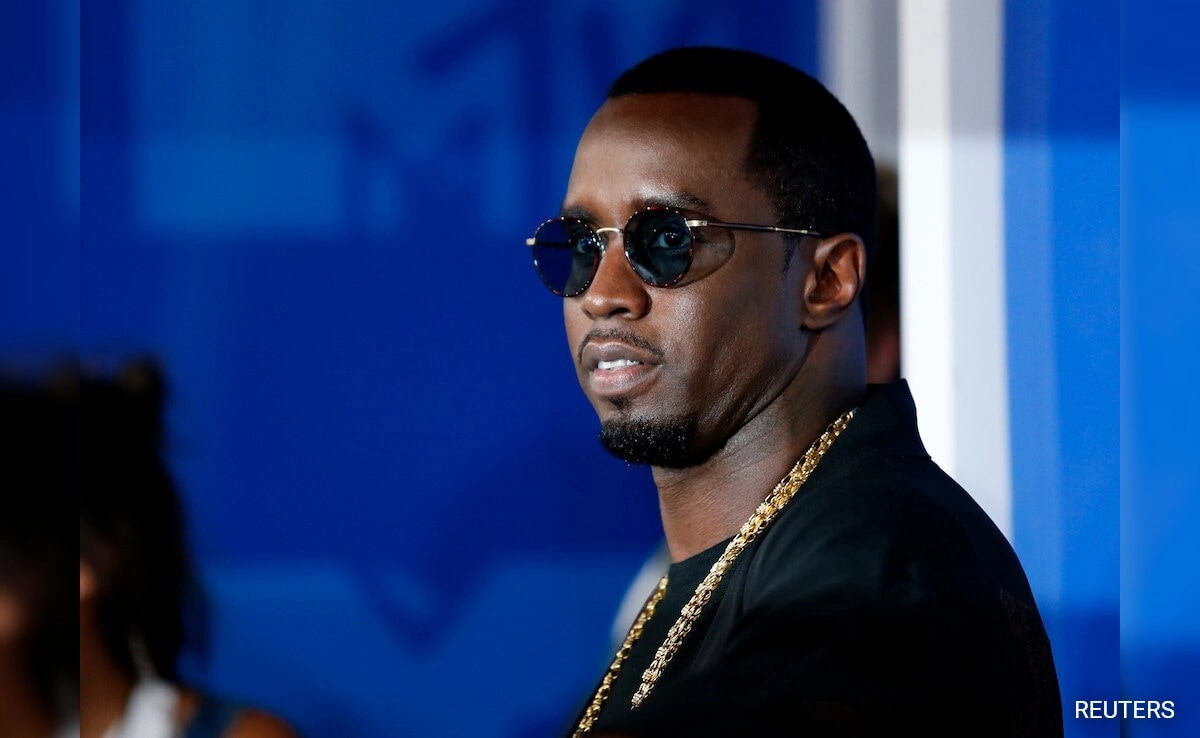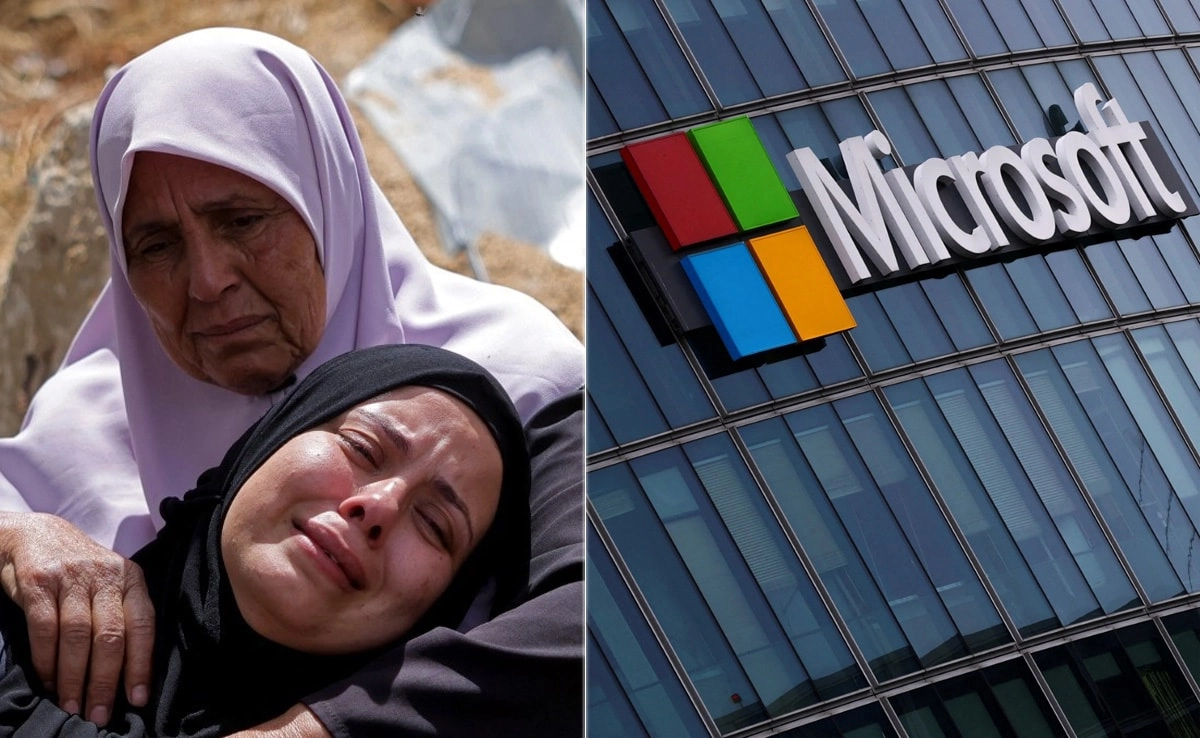Sean ‘Diddy’ Combs, the renowned music mogul and entrepreneur, recently faced a significant legal battle that culminated in a surprising verdict. After a lengthy trial that captured widespread media attention, Combs was acquitted of serious charges related to sex trafficking, a decision that brought a sense of relief to his supporters and fans. However, the verdict was not entirely favorable for the hip-hop icon, as he was found guilty of charges relating to prostitution. This dual outcome has sparked discussions about the legal complexities surrounding such high-profile cases and the implications for those involved.
The allegations against Combs included accusations of orchestrating a sex trafficking operation, which could have led to severe penalties had he been convicted. The prosecution presented a range of evidence, attempting to paint a picture of a man who exploited vulnerable individuals for personal gain. However, the defense argued against these claims, highlighting inconsistencies in witness testimonies and the lack of substantial evidence to support the trafficking charges. The jury ultimately sided with the defense on the more severe allegations, leading to his acquittal.
On the other hand, the guilty verdict related to prostitution raises questions about the nature of the charges and what they entail for Combs moving forward. This aspect of the case may not carry the same societal weight as the trafficking allegations but nonetheless carries legal ramifications that could affect his public image and business endeavors. As a prominent figure in the entertainment industry, Combs’s legal troubles could influence his relationships with brands, collaborators, and fans alike.
In the wake of the verdict, reactions have poured in from various corners, including industry insiders, fans, and legal experts. Many are expressing their support for Combs, emphasizing the importance of due process and the presumption of innocence until proven guilty. Conversely, others are calling for a closer examination of the legal system’s handling of prostitution and how it intersects with larger issues of consent and exploitation. As the dust settles on this controversial case, it remains to be seen how it will impact Combs’s legacy and the broader conversation about accountability in the entertainment industry.




